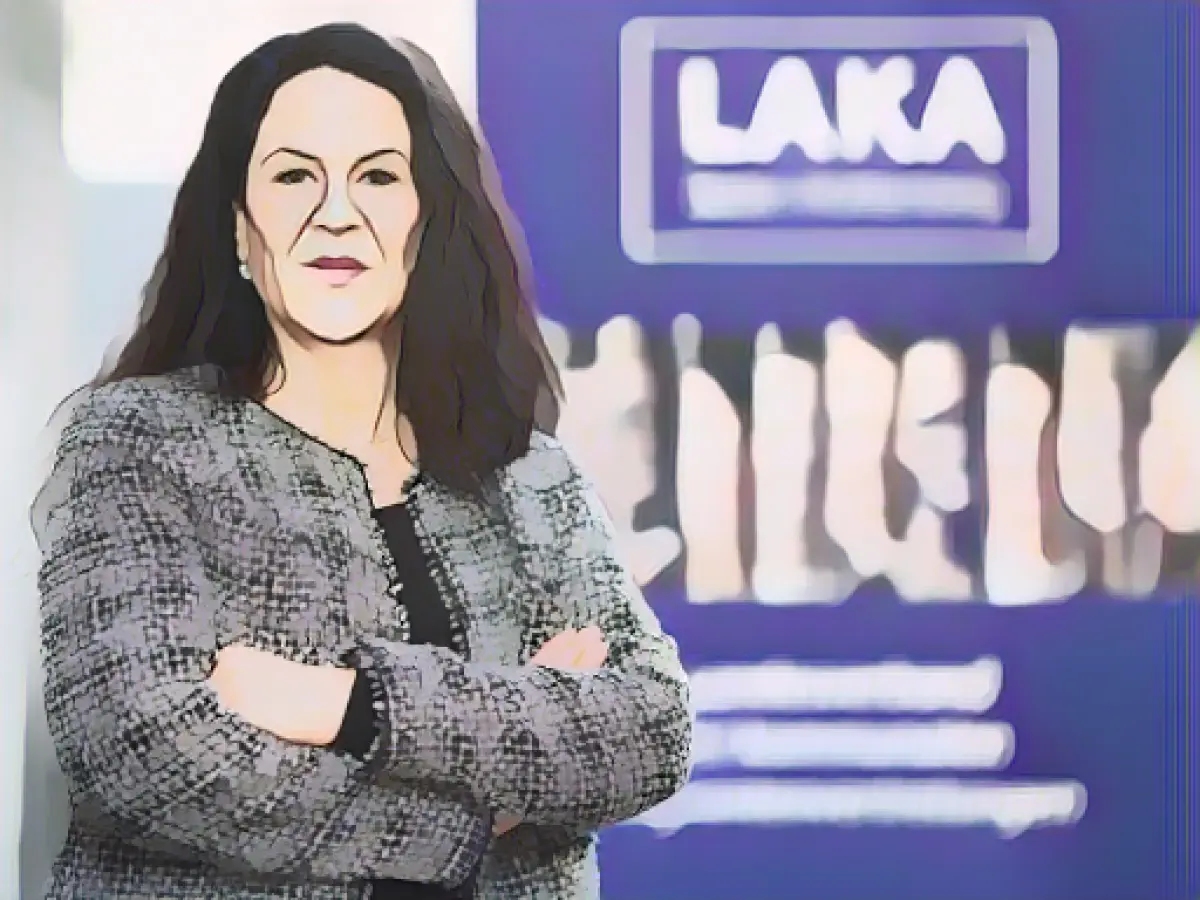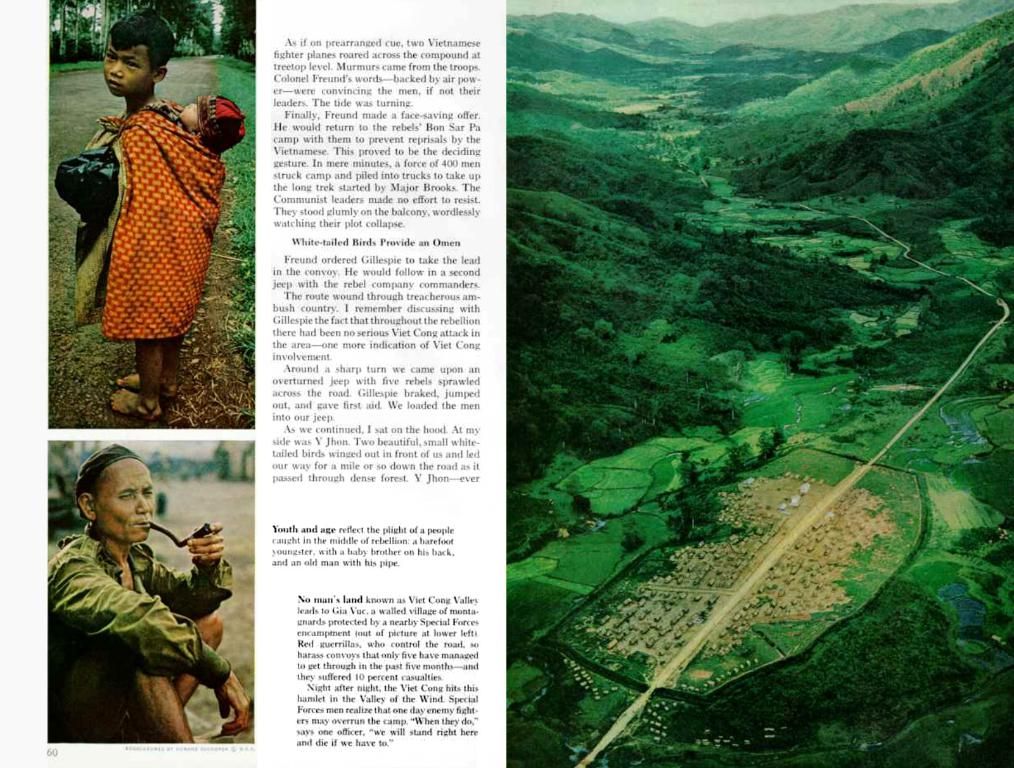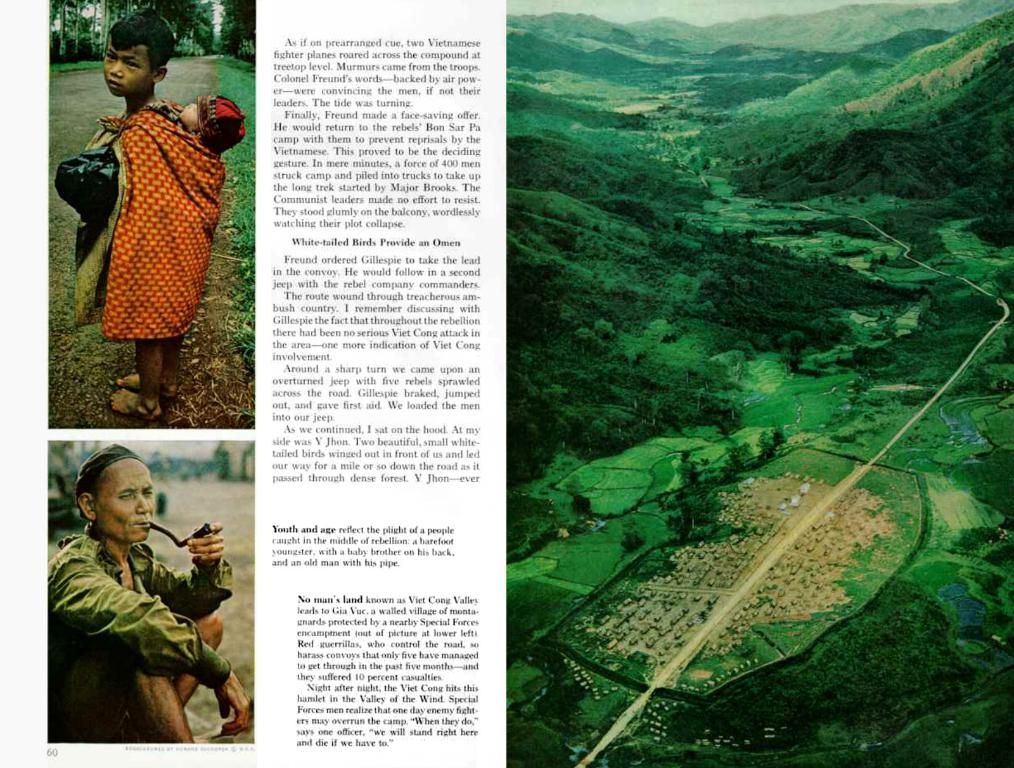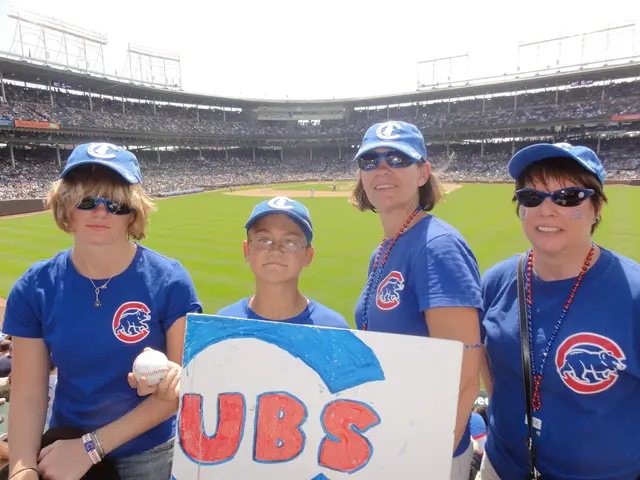Migrant Advocates Push for Visibility in Upcoming Local Elections
Integration advisory boards across cities and municipalities in Baden-Württemberg are eager to garner attention ahead of the local elections next year. Chiefly, they aim to address individuals with a migration background and promote greater representation in local politics. Argyri Paraschaki-Schauer, Managing Director of the Baden-Württemberg State Association of Municipal Migrant Representatives (LAKA), admits that too many migrants remain unaware of the advisory boards' functions. "The advisory boards exist, yet few know what they do," she stated to the German Press Agency.
Low Representation in Local Parliaments
One reason for the scarcity of migrant representation in local parliaments is situated in the eligibility restrictions for third-country nationals, who are barred from voting in local elections. Moreover, EU citizens, despite possessing the legal right to vote, often don't participate due to an unfamiliarity with the democratic participation processes. A significant chunk of migrants, Paraschaki-Schauer mentioned, is eager to get involved but lacks guidance on how to do so.
Promoting Representation and Participation
LAKA aims to elucidate the fundamental role of migrant integration advisory councils in local societies. To encourage greater participation in the upcoming elections, they will showcase best practice examples at their state conference in Mannheim. Some examples include Rottenburg am Neckar's school project against racism, Pforzheim's political workshop, and Heidelberg's political academy for migrants. By sharing these success stories, LAKA hopes to inspire more individuals to participate in their local communities and contribute to shaping their societies.
Challenges and Opportunities
LAKA is wary of the potential surge of the far-right party, AfD, in the local elections on June 9. "One challenge is countering AfD's populist statements," Paraschaki-Schauer conceded. Additionally, addressing issues without inciting hostility or agitation is an ongoing challenge. In response, LAKA plans to offer political education and rhetoric training to those involved to empower them and ensure they can confidently participate in local affairs.
Best Practices for Increasing Participation
To bolster the involvement of migrants in local politics and elections, migrant integration advisory councils can harness several resonant strategies. Some of them are:
- Civic Engagement Programs
- Language and Cultural Support
- Migrant-Specific Services
- Youth Migration Services
- Community Outreach and Education
- Inclusion in Electoral Processes
- Collaboration with Migrant Organizations
By implementing these best practices, migrant integration advisory councils can galvanize participation from migrant communities in local politics and elections.
Sources:
Enrichment Data:
Encourage Migrant Participation in Local Politics
To stimulate the active participation of migrants in local politics and elections in Baden-Württemberg, Germany, migrant integration advisory councils can effectively implement a diverse set of strategies. These tactics enable a more inclusive and representative democratic process by empowering and engaging migrant communities. Here are some insightful approaches to implement:
- Civic Engagement Programs
- Citizens' Assemblies: Invite young people, migrants, and other marginalized groups to slotted citizens' assemblies, fostering an inclusive approach to policy-making.
- Language and Cultural Support
- Unity Hubs: Establish community centers for migrant groups, offering culturally appealing opportunities along with language courses and job assistance.
- Migrant-Specific Services
- Migration Counselling Centres: Provide free, independent advice to migrants on varied aspects of life in Germany, such as housing, work, and learning German. Educate them on local politics and voting procedures.
- Youth Migration Services
- Youth Migration Service: Set up targeted services for migrant children and adolescents, encouraging participation from the next generation.
- Community Outreach and Education
- Public Awareness Campaigns: Run public campaigns to raise awareness about civic engagement and the importance of voting, educating migrants about their rights and responsibilities.
- Collaboration with Local Communities
- Community Dialogues: Organize community dialogues between migrant communities and local residents, fostering connections and understanding between the two groups.
- Inclusion in Electoral Processes
- Multilingual Support: Ensure that voting materials and processes are accessible in multiple languages, reducing language barriers for migrant voters.
- Partnership with Migrant Organizations
- Collaboration with Migrant Organizations: Work together with migrant organizations to address specific needs and barriers, crafting targeted interventions that broaden engagement in local politics.
By combining these strategies, migrant integration advisory councils can enhance migrant participation in local politics and elections, fostering an inclusive and diverse democratic landscape in Baden-Württemberg, Germany.








